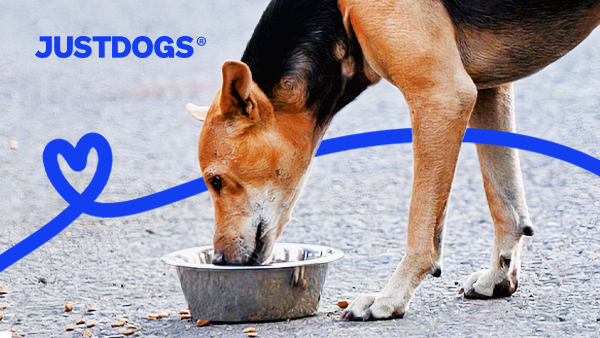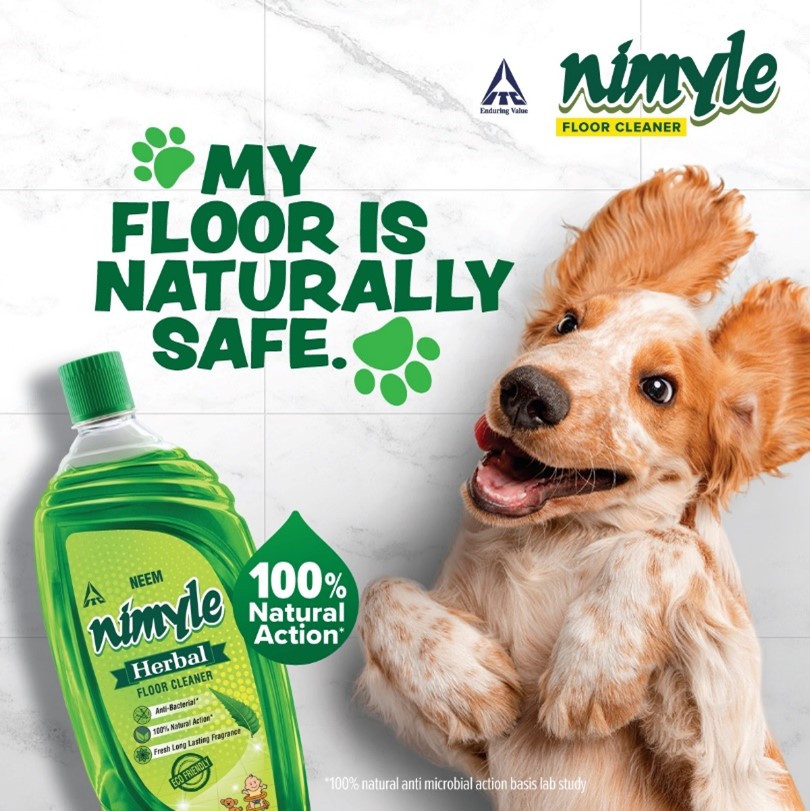Relocating a pet internationally is no easy task. The documentation alone is a hassle, as you need to co-ordinate between different governmental bodies across the origin and destination country to obtain the necessary paperwork. Then come the various tests, which are necessary to ensure a safe journey and to comply with the import laws of a country.
The ever-mounting cost of a move can raise a few eyebrows among pet parents, who often argue that the charges are excessive in the name of business. However, with innumerable rules and regulations to comply with, the high cost is often an unavoidable side effect of the nature of the move and the fragility of the cargo. Moving any cargo across international borders is an expensive affair, but transporting a live animal, safely, comfortably, and in compliance with the regulations set by the governments and airlines makes it cost a pretty penny.
To help you understand why a certain aspect of your travel costs as much as it does, here is a breakdown of the requirements you will need to fulfil before embarking on your journey.
Crate
Due to safety regulations, your pet can only fly in an IATA-approved pet crate/carrier. It is important that the crate you select has sufficient room, as your pet will be spending the entire journey inside it. Here are a few guidelines on how that can be done:
Measure your pet. an idea of the dimensions required makes it far easier to select the correct crate.
- Length of the pet – from the tip of the nose to base/root of the tail
- Height of the pet – from the elbow joint to the ground
- Width of the pet – across shoulders/widest point
- Height of the pet – natural standing position from the top of the head to the floor
Add an extra four inches of headroom to this measurement to ensure your pet stays comfortable. Once you know the crate size, you’ll have to order the same.
The size of your eventually chosen crate is one of the varying factors which contribute to the price of a move. A crate can cost as little as ₹5000/$60 USD, or as much as ₹40,000/$428 USD, and this cost is entirely dependent on the size of your pet. A larger pet often means a higher movement price, due to logistical requirements like large crate sizes and volumetric charges on aircrafts.
Regulation-Specific Requirements
Pets being exported from India are also typically required to undergo a rabies titer test or rabies neutralizing antibody test (RNAT). The Indian subcontinent is classified as a region with high rabies, and while some destinations like the UAE do not list it as a mandatory requirement, other popular destinations such as the U.S.A, the U.K, Europe, and Australia do.
A rabies titer test is used to check if your pet has developed sufficient antibodies against the rabies virus after their vaccination. A titer test costs around ₹12,000-15,000/- including sample collection and deliveries. Certain countries have extra requirements pertaining to the titer test. The U.S.A, for example, requires your pets blood sample to be sent to a U.S.D.A approved blood testing lab. The same for the U.K, which requires the test to be conducted in an EU-certified lab; specifics like these often contribute to a higher price for a test which is all but mandatory to conduct before international pet export.
Identification Requirements
Pets being exported from India also require the implantation of a pet microchip. While it may/may not be a mandatory import requirement in your destination country, the Animal Quarantine and Certification Service (AQCS) in India requires every pet being exported to be microchipped.
A pet microchip is a tiny transponder, which functions on radio frequencies, meaning it requires no power. It is the only accepted form of identification your pet can have. These chips are of the standard, 15-digit, ISO 11784/11785 variety, and are used & accepted around the world.
A microchip costs ₹1,800 and is an important requirement to fulfil prior to your move. Both for the safety of your pet, and to fulfil the requirements issued by AQCS. AQCS will not grant your pet an export No Objection Certificate (NOC) in the absence of a microchip, and your pet cannot travel overseas without an NOC.
Documentation Charges
Your pet needs a passport for overseas travel, just like you. Their vaccination record serves as their passport and is an important document. A vaccination record is also required to procure a Health Certificate, which is another document required for your pet to travel. The cost of vaccinations is something varies from pet to pet, depending on what vaccines they already have, and the mandatory vaccines required by the destination country.
Once your pet’s vaccination records in order, you can apply for a health certificate. From India, the health certificate costs ₹3,500, including the cost of de-worming, as parasite treatment is also required shortly before import to most countries.
Airlines Cost
While the phrase ‘fly with your pet’ evokes images of you two lounging in comfort in the cabin, the reality is a bit different. Most airlines do not fly pets in the cabin with passengers, and the ones that do require your pet and their crate to fit under the seat in front of you.
Due to this, airlines will fly your pet either as checked in baggage or as a part of manifested cargo. No need to worry, as cargo holds are temperature and pressure sensitive, meaning they have the same conditions as you do in the cabin.
The end cost of flying to another country, once again, is entirely dependent on the country of origin and your eventual destination. It is why we provide a ballpark quote of ₹2-5 Lakhs for an international move, as every relocation is unique and comes with their own requirements. The distance to your destination and ticket cost is one thing to factor in. Then, you should consider the weight and size of your pet, given how airlines levy charges according to these two dimensions. The bigger your pet, the more you spend on a crate, and the higher the charges levied by the airline.
Customs clearance can also add to the cost, depending on if the country you are moving to levies import tariffs, taxes, and veterinary inspections in destination country.
Country-Specific Costs
Some destinations incur an additional cost; Australia is a good example.
Australia: Australia is extremely restrictive on what animals enter the country, due to their delicate ecology which has suffered in the past due to invasive species. Due to this, to ship a pet from India to Australia, you must first move to an approved country, reside there for a period of time, and then move from there to Australia while fulfilling all the import requirements.
A longer route like this adds exponentially to costs of travel. It also means preparations for the same must begin well in advance, a year ahead of your move. The import permit for Australia costs roughly ₹31,212 INR per animal, which can be pricey as well. Add that to mandatory quarantine which you must pay for, and the cost quickly starts rising:
- ₹1841 INR entry per animal
- ₹1573 INR daily rate
- ₹1655 INR document clearance per animal
- ₹1674 INR per 15 minutes of veterinary examination per animal
- ₹66,895 INR post-entry quarantine (PEQ) charge
So, a typical month-long quarantine in Australia for one pet can be pricey, especially with these requirements being mandatory.
U.S.A: the USA requires your pet to have basic vaccinations, and their rabies titer test to be done by a C.D.C approved lab. Typically, the U.S does not require a titer test, but India is a high rabies country, so it is a mandate. The country also expects pets to be healthy when they arrive, and if any disease is found or any documentation is not in order, they reserve the right to turn your pet away. You will also have to apply for a C.D.C dog permit ahead of your move.
Europe: Pets travelling to the EU will require an international health certificate, an EU health certificate, parasite treatment, rabies titer test results, and basic vaccinations for dogs (DHLPP) and cats (FVRCP).
U.K: All pets arriving in the U.K require a rabies vaccination, a rabies antibody blood test, tick treatment a microchip, and tapeworm/parasite treatment. Make sure to get your pets vaccination record stamped twice against each vaccine.
U.A.E: The U.A.E has perhaps the easiest import process for pets. You will need basic vaccinations for dogs (DHLPP) and cats (FVRCP), a microchip, and an import permit. No hassle for a rabies vaccination or titer test here.











Comments
Rajesh singh says
Jan 24, 2023 05:12:59I have made a blog of pet fed mumbai 2023, please see and give suggestion - https://youtu.be/ax2e64g0s2M